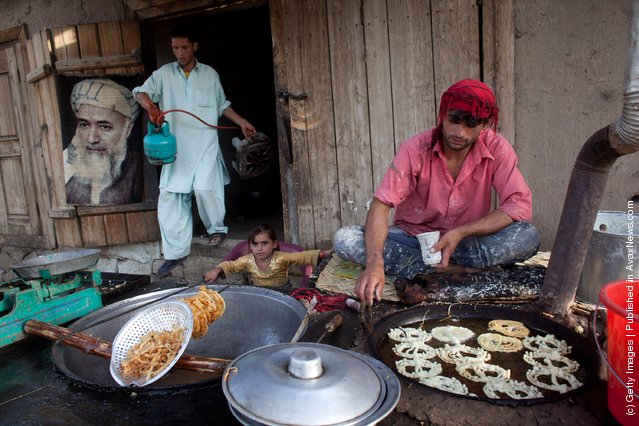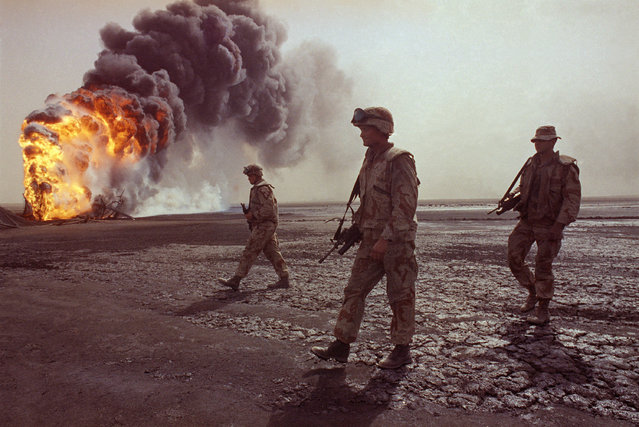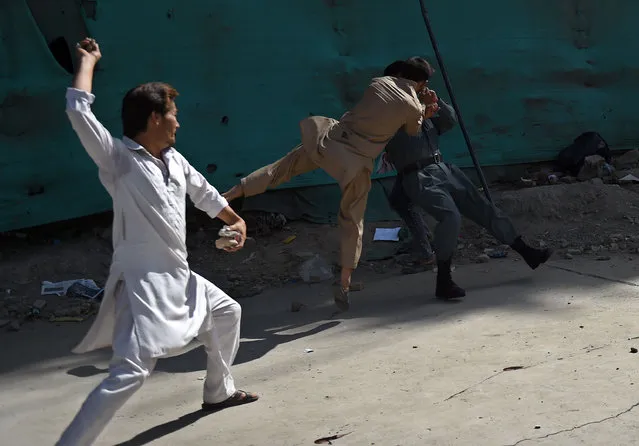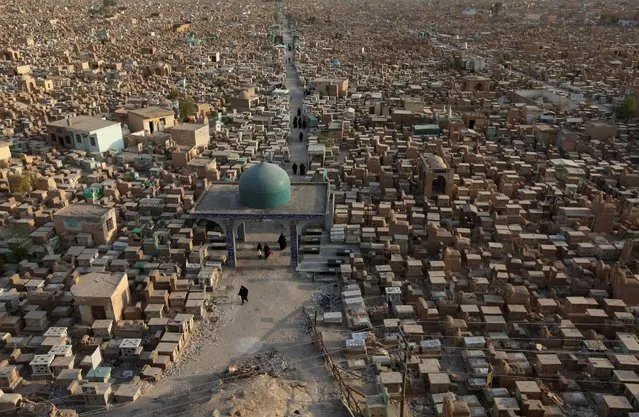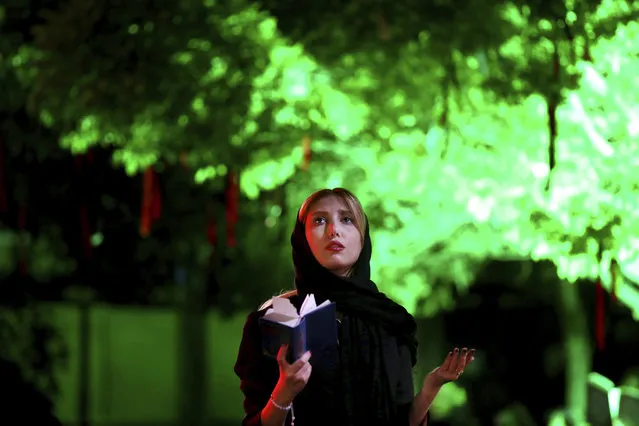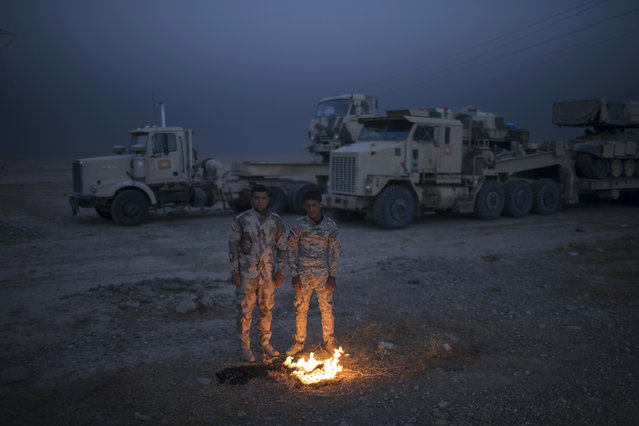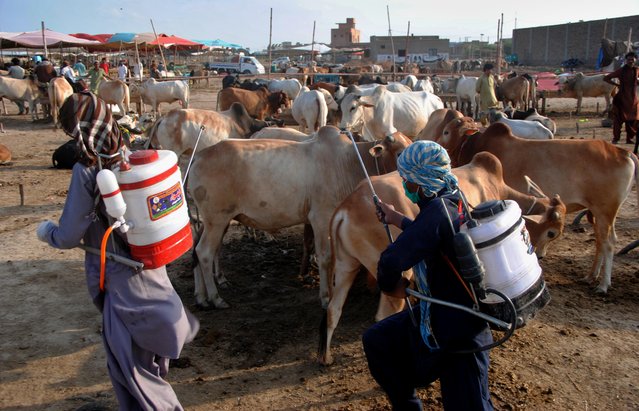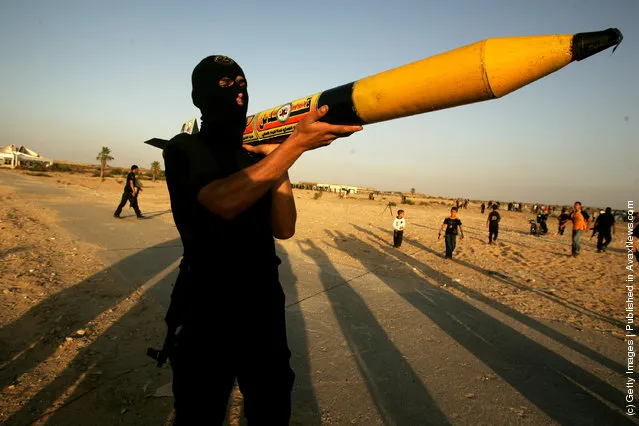
“The Qassam rocket is a simple steel artillery rocket developed and deployed by the Izz ad-Din al-Qassam Brigades, the military arm of Hamas. Three models have been produced and used between 2001 and 2011”. – Wikipedia
Photo: A rocket, similar to the Al-Qassam rockets used against Israeli is prepared for launch as new members of the Islamic Jihad fighters show their skills as they attend a military show in the former Israeli jewish settlement of Atsmona September 26, 2008 in Rafah, southern of Gaza Strip. (Photo by Abid Katib/Getty Images)
Photo: A rocket, similar to the Al-Qassam rockets used against Israeli is prepared for launch as new members of the Islamic Jihad fighters show their skills as they attend a military show in the former Israeli jewish settlement of Atsmona September 26, 2008 in Rafah, southern of Gaza Strip. (Photo by Abid Katib/Getty Images)
29 Nov 2011 09:33:00,post received
0 comments

